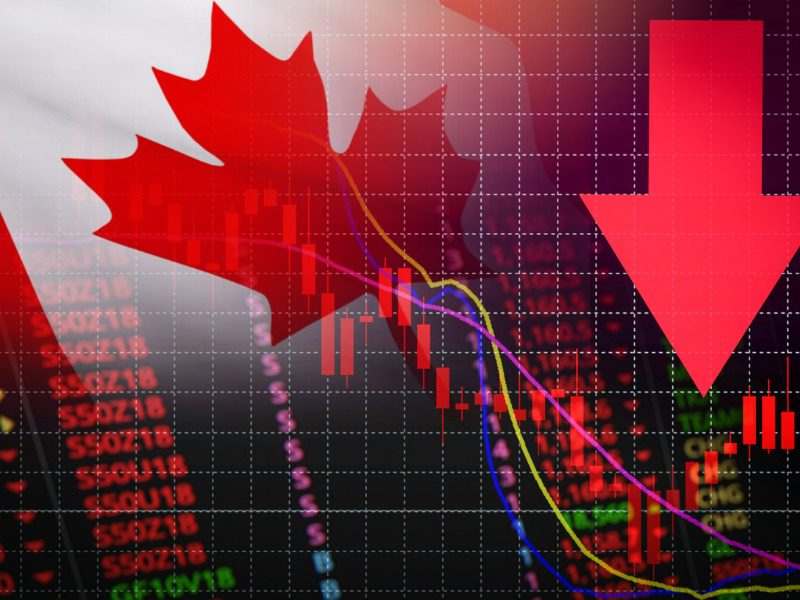Lessons from COVID-19 will help brokers get clients through a recession

If a long-predicted recession comes to pass, brokers will need to stay close to their clients’ changing needs.
But in some ways, commercial insurance brokers have gained an advantage from the discipline developed while navigating their clients through COVID-19. Those same skill sets will get them through inflation and the threat of a looming economic recession, say industry execs.
“It’s very challenging because for an insurance company your pricing always lags your claims costs by some margin,” said Colette Taylor, chief operating officer of Sovereign Insurance. “In personal insurance, you’ve got the systems to be able to change on an almost daily basis. But with commercial portfolios, you’re typically only going through that exercise in any great length of detail annually. So, you can potentially have a 12-month lag on how you’re thinking about pricing.
“Because we’ve seen these fluctuations [of inflation] in such a relatively short period of time, it makes it difficult to react to it.”
Brokers said the key is to touch base frequently with clients to make sure commercial values are up to date with increasing costs. They did those same things during the pandemic, keeping up to date with how their clients’ needs changed alongside public-health measures imposed to prevent the spread of the virus.
While brokers reported being very busy during the height of the pandemic, the same discipline will be required to help navigate their clients through this inflationary cycle.
“It’s important that customers and brokers work together with us as a carrier to make sure that we’re reflecting the right current values,” said Darren Godfrey, executive vice president of global specialty lines at Intact Insurance. “Because what puts the customer in the right spot puts us in the right spot as well.
“We’re in the people business. And if COVID has taught [us] anything, it’s that being close to the customer is critical. I would say that’s just as relevant today as it was two years ago, during the heart of the pandemic.”
Due diligence will also be the order of the day in the D&O space as underwriters look closely at the Environmental, Social and Governance (ESG) practices of an insured’s company board structure, many sources told Canadian Underwriter.
From a commercial underwriter’s perspective, boards with sound ESG structures have a much lower risk of failing — or of being sued — during tough financial times. That’s a key advantage if a recession comes to pass.
Primary D&O claims exposures include lawsuits for inaccurate reporting and assessment of environmental risk, plus insurers are starting to see D&O lawsuits related to poor diversity, equity and inclusion (DEI) practices.
Aside from managing cyber exposures, Taylor said the Number 1 new focus for corporate boards is ESG.
“What we’re seeing right now is companies focused in ESG are getting better response from the underwriting community, because we’ve seen what happens to companies that take a negative response to ESG,” she said.
“Some underwriters are really digging deep into the disclosure. We’re consulting with a lot of our brokers on how their clients tell their stories to the market.”
The accuracy of environmental risk reporting, and the security of oil and gas distribution in light of the war in Ukraine, are two key factors of interest to underwriters, added Denise Hall, senior vice president and national broking director of commercial risk solutions at Aon.
“Any oil and gas company or mining company in Canada will be facing questions around environment,” said Hall. “One thing is clear in the underwriting community: for directors and officers, the concern is very clearly around greenwashing. Underwriters are making sure that when clients put out statements around environmental goals, they’re achievable.”
Feature image by iStock.com/panida wijitpanya
